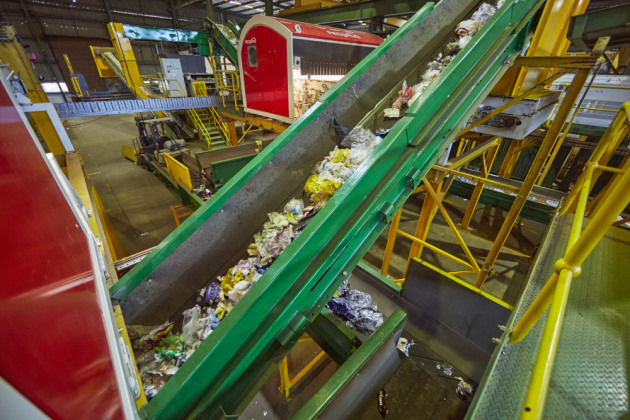Soft plastics collection program REDcycle has welcomed the ACCC’s conditional authorisation for the major supermarkets to collaborate in a Soft Plastics Taskforce. It has also apologised to the REDcycle community for not sharing more openly the challenges it was experiencing.
In an update to the unfolding story surrounding the pausing of the REDcycle collection program, REDcycle has issued a statement thanking the community and its industry partners for their support and patience as the organisation works to find solutions.
In the statement it welcomed the ACCC’s conditional authorisation for the formation of a Soft Plastic Taskforce consisting of Woolworths, Coles and Aldi along with other stakeholders from the value chain and industry bodies. The taskforce will help address the immediate impacts of the REDcycle Program’s temporary cessation and explore solutions.
REDcycle reiterated its stance that the current crisis is due to “a major imbalance in the domestic soft plastic pipeline that has been building over the past few years”.
As previously reported in PKN, the organisation maintains its position that the decrease in downstream processing capacity, coupled with the significant and sustained increase in customer return volumes had placed immense pressure on REDcycle’s operating model. This has resulted in the program’s pause on collections and the “unwanted but necessary step of holding material in storage until capacity becomes available”.
Responding to the scrutiny surrounding the controversial storage of collected material, REDcycle said it partners with Australian manufacturers of recycled products to keep the soft plastic in Australia and that, as a supplier of raw material to these Australian manufacturers (offtake partners), storing some material is part of normal supply chain processes.
“This material was either held or delivered in line with offtake partners' supply and demand for product. However, when offtake partners are unable to fulfill commitments to REDcycle to receive material due to market downturn, or other reasons, REDcycle is left storing material for a longer than anticipated time frame until partners can resume their offtake commitments, or other processing opportunities emerge,” the statement said.
REDcycle says it has “heavily involved” in both the development and cultivation of new end markets and supporting emerging downstream processing technologies.
Addressing its loyal community of supporters, REDcycle issued an apology: “In hindsight, we should have shared our challenges with you along the way and we apologise for this. Your great efforts to divert your soft plastics from landfill have not been in vain. With the support of our industry, retail, and Government partners, this material will continue its journey to become a resource, not to be wasted.”







